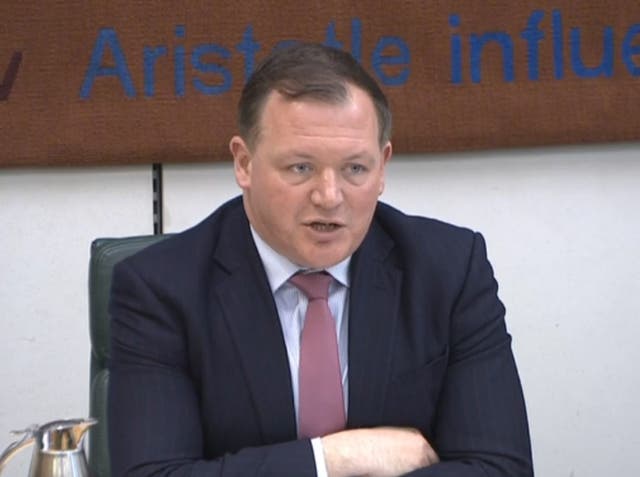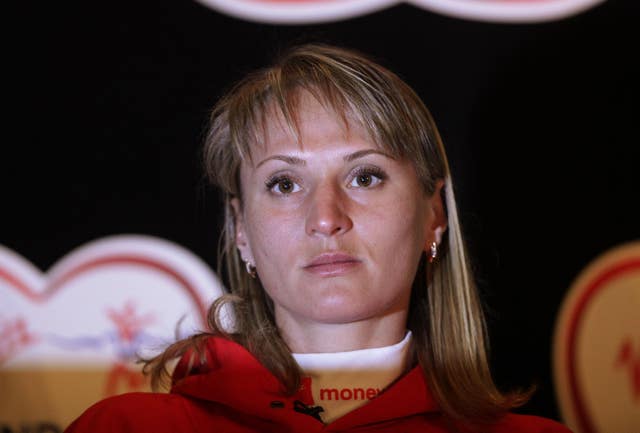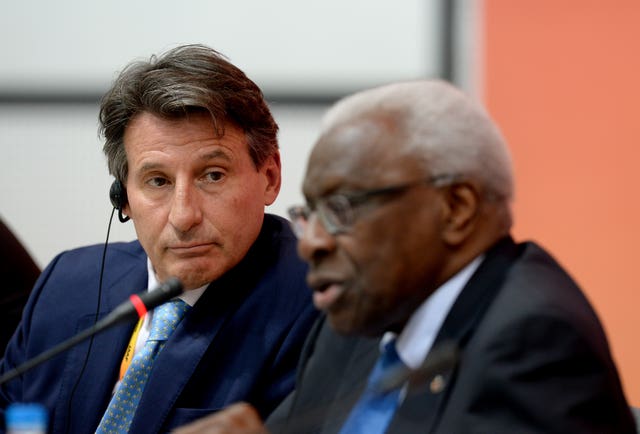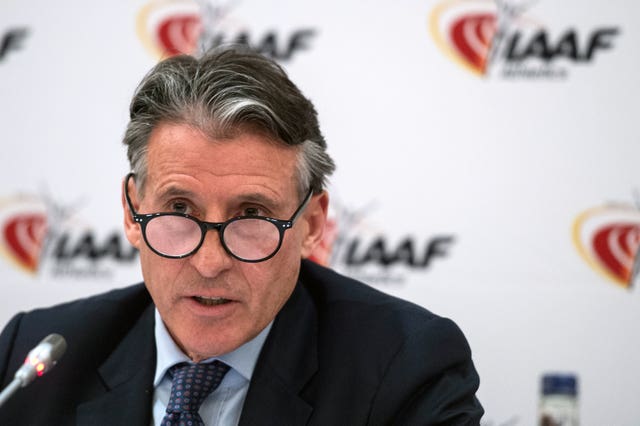The chairman of the parliamentary committee that accused Lord Coe of "misleading" MPs has said it stands by that conclusion, despite the two-time Olympic champion being cleared of any wrongdoing by world athletics' governing body.
The IAAF's ethics board announced on Thursday that it was closing its investigation into Coe as it could find no evidence that he had misled parliament over what he knew about corruption and doping within the sport before becoming IAAF president in August 2015.
Digital, Culture, Media and Sport select committee chairman Damian Collins, however, is not backing down.

The Conservative MP told Press Association Sport: "Lord Coe either knew more than he suggested he did when he gave evidence to the committee, or he knew enough about the Liliya Shobukova case to have asked more questions about it within the IAAF at the time.
"The committee stands by the conclusions of its 2018 report 'Combatting Doping in Sport'."
A former British Olympic Association chairman and president of London 2012's organising committee, Coe took over as world athletics' boss three months before his predecessor Lamine Diack and several close associates were arrested in France on allegations they had covered up Russian doping cases in return for money.
The DCMS committee had already started investigating the effectiveness of the global anti-doping system at that point and called in Coe, a former Conservative MP who was made a life peer in 2000, to help their inquiry.

In a tense evidence-giving session in December 2015, Coe told the MPs he had been unaware of the extent of Russia's cheating and, more importantly, the IAAF's role in keeping that quiet, until a German TV documentary first revealed the scandal in December 2014.
In January 2017, however, the former London Marathon boss David Bedford appeared before the same committee and told them he had emailed details of a scheme to extort money from Shobukhova, the winner of the women's race in 2010 and a three-time Chicago Marathon champion, four months before Coe claimed he first learned of IAAF corruption.
As mentioned by Collins, this prompted the committee to write a highly critical paragraph about Coe's evidence in its report.
It noted that Coe had "sought to distance himself from any knowledge of the allegations of doping in Russian athletics" before they were publicly exposed but "his answers to us about this were misleading".

The report said Coe "may not have read the email and attachments sent to him by David Bedford", as claimed, "but it stretches credibility to believe that he was not aware, at least in general terms, of the main allegations that the (IAAF) ethics commission had been asked to investigate".
It added that it was "certainly disappointing that Lord Coe did not take the opportunity, given to him by David Bedford, to make sure he was fully informed of the serious issues at stake in the Shobukhova case and their wider implications".
For his part, Coe has always maintained that he did not read Bedford's emails personally, as he rarely looks at emails and was on holiday at the time anyway, but his personal assistant read him the body of the messages but not their more detailed attachments.
Coe's PA then forwarded these emails to the chairman of the IAAF's ethics commission, Michael Beloff QC, which Coe followed up with a phone call to check he had done the right thing.
Beloff told him he had and the matter was now best left to the ethics body, which meant Coe was correct when he told the DCMS committee that he did not know the details of the Shobukhova case until later.
And that explanation has now been corroborated by an IAAF inquiry led by Sir David Calvert-Smith, a former high court judge.

In a statement, the ethics board said it "did not find any evidence inconsistent" with Coe's story and the "investigation has therefore not identified evidence of a potential breach of the code of ethics".
It added that Calvert-Smith "concluded there is no realistic prospect of establishing that Lord Coe knew more about the Shobukhova affair at the relevant time than that Liliya Shobukhova had made a complaint, and the complaint was serious".
This conclusion was, unsurprisingly, welcomed by Coe, who thanked the ethics board for all their work.
"When I became president of the IAAF I promised greater transparency and integrity – I hope this demonstrates that no-one is above the rules and everyone in the sport is subject to the same scrutiny," he added in a statement.
/https%3A%2F%2Fsportsmole-media-prod.s3.gra.io.cloud.ovh.net%2F19%2F15%2Fsebastian-coe.jpg)
/https%3A%2F%2Fsportsmole-media-prod.s3.gra.io.cloud.ovh.net%2F24%2F46%2Fjude-bellingham.jpg)
/https%3A%2F%2Fsportsmole-media-prod.s3.gra.io.cloud.ovh.net%2F24%2F49%2Fcharlotte-dujardin.jpg)
/https%3A%2F%2Fsportsmole-media-prod.s3.gra.io.cloud.ovh.net%2F24%2F36%2Fhannah-cockroft.jpg)
/https%3A%2F%2Fsportsmole-media-prod.s3.gra.io.cloud.ovh.net%2F24%2F35%2Fpoppy-maskill_1.jpg)